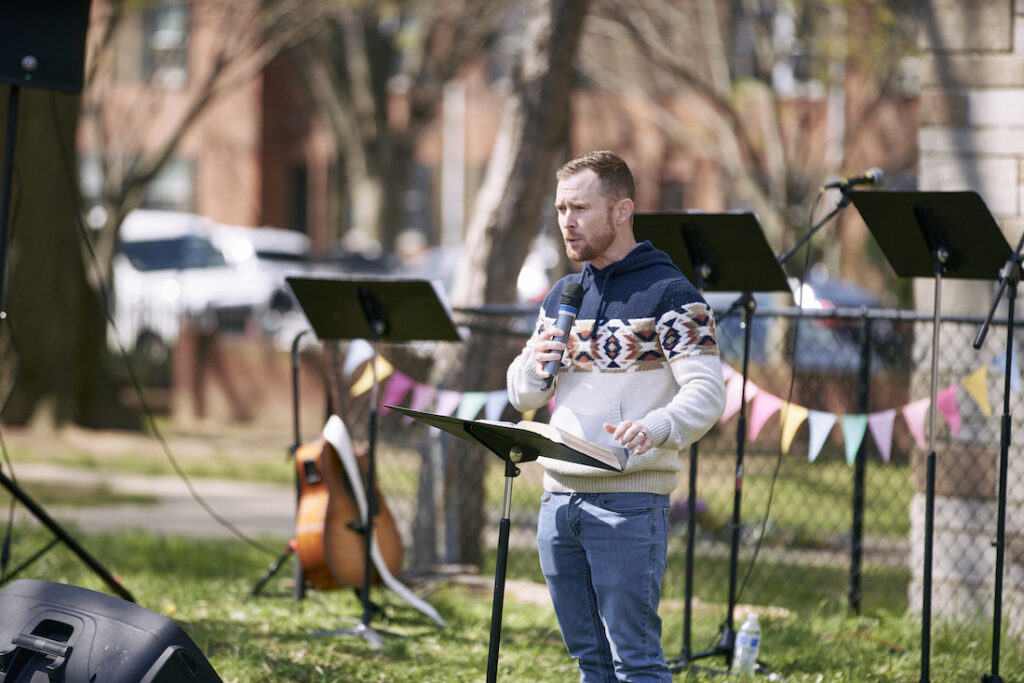For nine years I taught a course on evangelism at a small Christian college. There was an exercise I would do every year to illustrate to the students just how inwardly focused most churches are. I would divide the white board into two large columns. I asked the class to list all of the programs and ministries that their church had for those inside the church. In other words, activities just for church members. They would quickly create a very long list of things like Sunday morning worship, Sunday school, small groups, prayer groups, men’s ministry, women’s ministry, children’s ministry, sports leagues, special fellowships—you get the picture. Occasionally a student might argue that some of the activities were open to those outside the church, but inevitably they agreed that each of the activities was tailored with church people in mind.
The next step was to list the ministries that their church had exclusively for those outside the church family. Beyond that, I would ask them to consider any training that the church provided for members to equip them to engage those outside the church. The contrast was striking. In more than one case a student couldn’t name a single activity that his or her church had for those outside the church walls. All of the church’s planning, finances and energy were spent exclusively on church members.
The vast majority of churches in America are not missional. But despite this reality, some people believe using the phrase “missional church” is redundant.
The vast majority of churches in America are not missional. But despite this reality, some people believe using the phrase “missional church” is redundant. “Of course the church is missional,” they quip. The truth is that it should be redundant, but it isn’t. The church in North America, generally speaking, is clearly not missional. Both individually and collectively, it simply does not consistently live out of its missional identity. Please don’t say that missional church language is redundant. It is not.
So how are we to best understand the language of missional church? Unfortunately the word missional today seems to be connected to just about everything in the church world. Missional leadership. Missional evangelism. Missional youth ministry. Missional parenting. Missional denominations. Even missional clothing! Moreover, people are using the word missional to describe “new” ways to think about church growth, outreach, social justice and discipleship. My friend Lance Ford likes to refer to this crazy use of terminology as “applying missional paint.” Buy a can of missional paint and brush it on to whatever the church is already doing. Just like that, it’s missional!
The church doesn’t just send missionaries; the church is the missionary.
But if we reject this overuse, what then does the word missional mean? Moving forward, how are we to best understand it? I usually respond by saying that I have a short answer and a long answer to this question.
The short answer is that missional is simply the adjective form of the noun missionary. Therefore when we use the language of “missional church,” the word missional is used to describe the church as a missionary entity. The church doesn’t just send missionaries; the church is the missionary.
Now for the long answer. When considering a more theologically rooted definition of the word missional we need to examine at least three chief distinctions. These are the theological foundations of a missional approach, which I believe must serve as the starting line to our journey. Each point deliberately confronts long-held assumptions most Christians have about God, the church and mission. Without serious attention to each of these three points, the missional journey will inevitably end prematurely.
Over the next few days I want to share what I believe we need to consider when fully understanding the idea of missional church. I hope you join the discussion.
Published March 21, 2016




